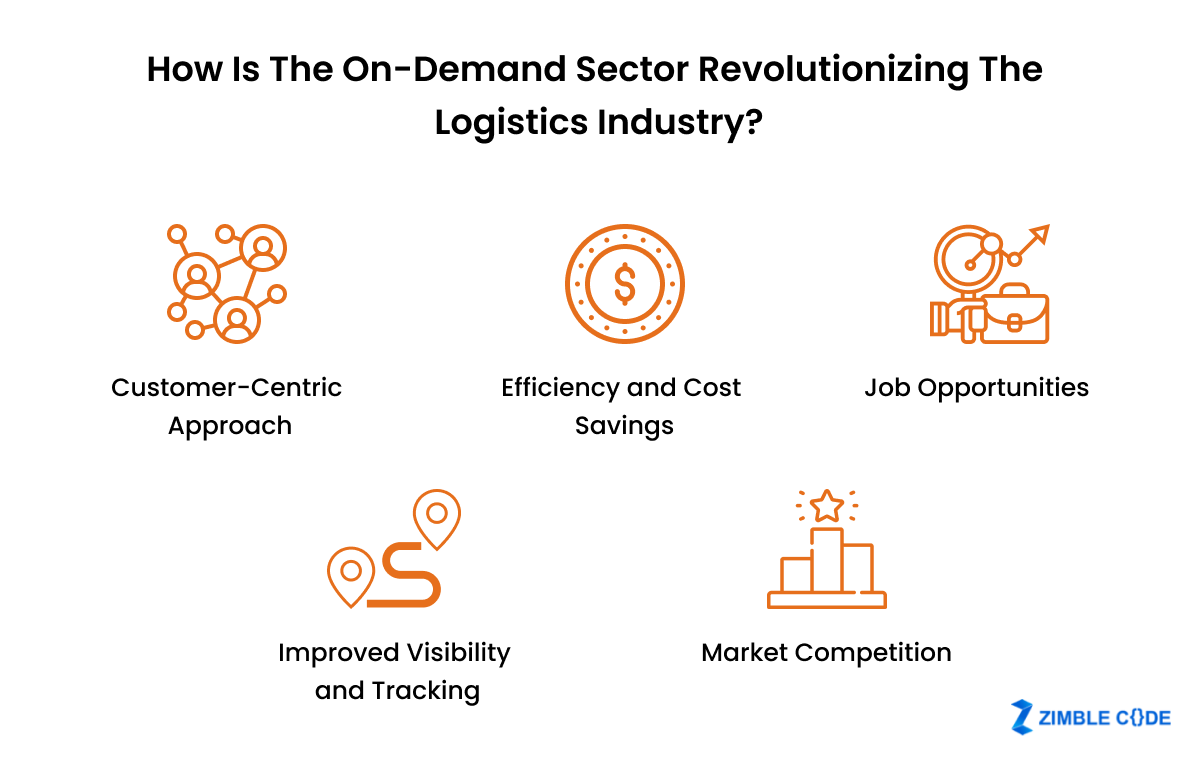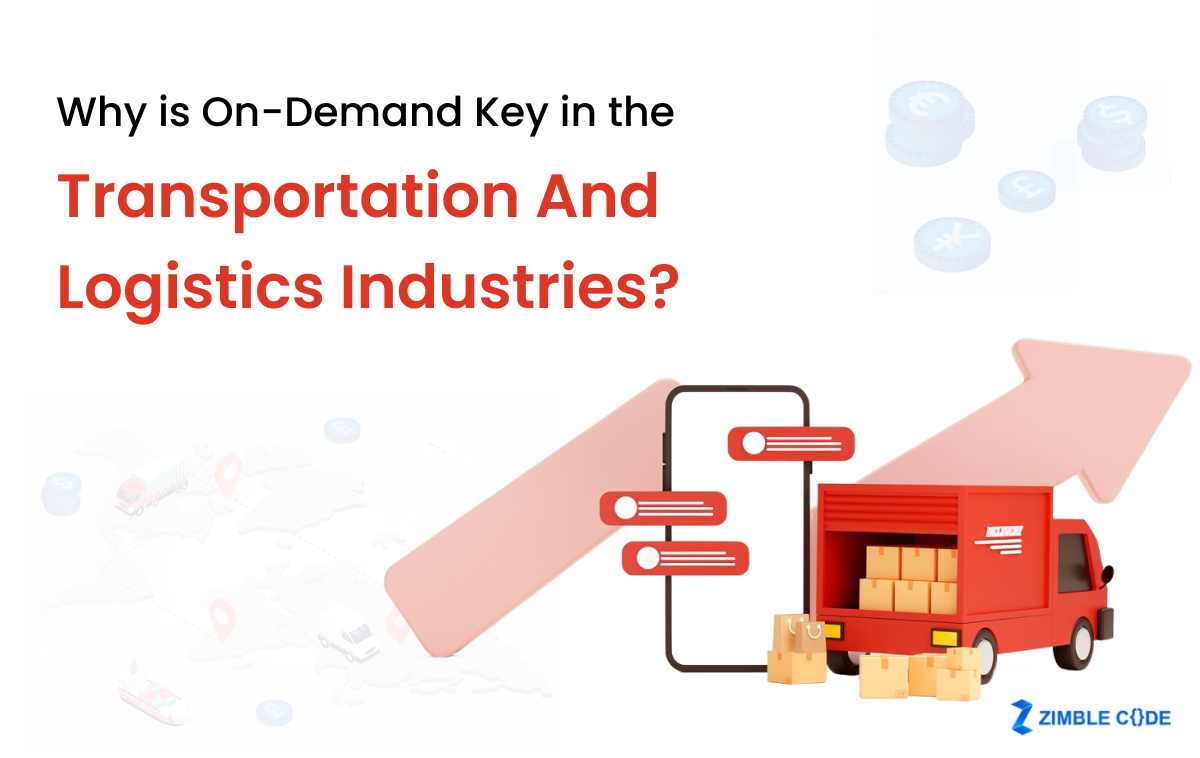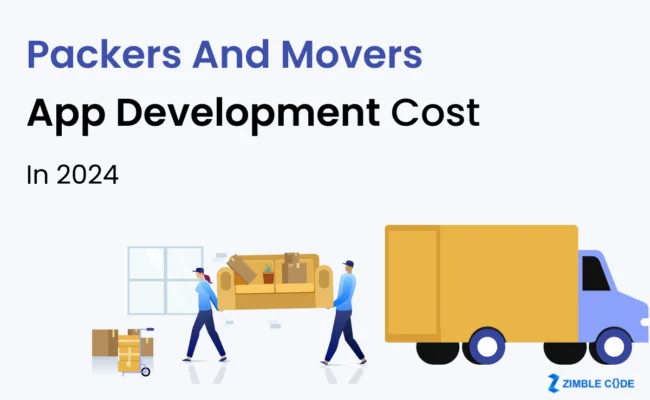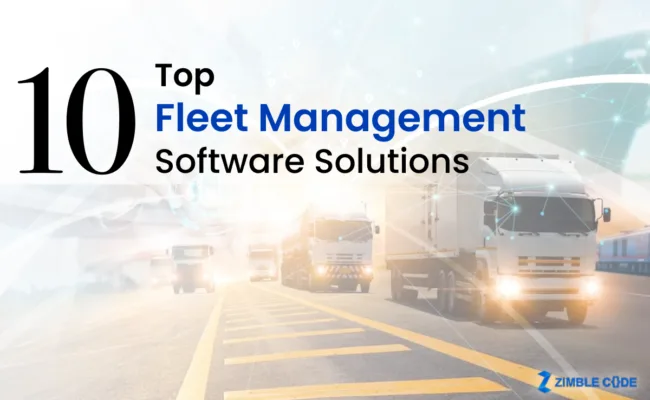With the on-demand supply curve shifting towards a customer-centric approach, on-demand businesses are consistently on an upward growth trajectory. In fact, on-demand companies are built on a business model emphasizing swift and convenient delivery of products or services to the customer’s doorstep. This model effectively caters to evolving customer demands by focusing on speed and accessibility.
With the surge in the on-demand market, the logistics sector in the UK is also experiencing simultaneous growth. Research indicates that the global on-demand logistics market will reach $80.6 billion by 2031. These promising statistics suggest that now is an opportune moment for business owners to invest in an on-demand logistics app.
But before you invest in on-demand logistics and transportation in the UK, you must seek deeper knowledge about it.
What is On-Demand Logistics?
The transport industry has evolved from a modern business strategy that enables companies to fulfill client orders on the same day. The entire order process, from placement to delivery, is managed by an on-demand logistics team. This benefits both the on-demand company and the logistics company by expanding their customer reach and achieving economies of scale.
Furthermore, the innovative business model of the on-demand app also supports multichannel retailing, where various sales channels efficiently fulfill client orders in a streamlined and automated manner. This streamlined operation relies on a robust distribution network and advanced technologies like cloud computing and analytics.
What’s Driving The On-Demand Market?
E-commerce is the primary driver behind the rapid growth of the on-demand industry. Furthermore, with increasing digitization and socio-economic trends reinforced by the COVID-19 pandemic, online purchasing is now feasible for nearly all products and services.
Consumers have convenient options to meet their buying needs from virtually anywhere and connect with suppliers via digital platforms such as websites or apps. These platforms facilitate the entire process, from displaying product listings to order placement, payment processing, communication with delivery personnel, order tracking, and feedback collection. In general, consumer behavior increasingly prioritizes fast, straightforward, and fulfilling experiences, a trend that has been globally pervasive since the internet’s rise in the late 1990s.
How Is The On-Demand Sector Revolutionizing The Logistics Industry?
Traditional logistics processes worldwide are burdened with issues like high ownership costs, unreliable service-level agreements, and cumbersome paperwork. Conventional logistics services tend to be asset-intensive, leading to wear and tear on assets in pursuit of maximum operational efficiency. During low-demand periods, these assets often remain underutilized, resulting in rapid depreciation and higher maintenance costs.

Here’s how they are transforming the logistics and transport industry in the UK:
-
Customer-Centric Approach
On-demand services prioritize the customer’s needs and convenience. Through the use of apps and online platforms, customers have the flexibility to request transportation, deliveries, or logistical assistance when and where they need it. Furthermore, it actively solicits and utilizes customer feedback to pinpoint areas for supply chain enhancement, allowing on-demand brands to take targeted actions and continuously enhance the overall customer experience.
-
Efficiency and Cost Savings
On-demand services consistently outperform traditional models in terms of efficiency. They excel in route optimization, minimizing idle time, and maximizing resource utilization, resulting in substantial cost savings. This combination of increased efficiency and cost-effectiveness establishes on-demand services as a mutually beneficial solution for all involved in the transportation and logistics sector.
-
Job Opportunities
The surge in on-demand services has sparked a wealth of employment opportunities across the UK. Drivers, couriers, and gig workers have embraced these platforms, enabling them to discover fresh income streams by connecting with customers. This diversifies the labor market, offers flexible work options in line with the evolving job landscape, and empowers individuals to have more control over their work and income.
-
Improved Visibility and Tracking
On-demand transport and logistics services in Manchester, UK, provide advanced tracking features. It allows customers to monitor the live progress of their deliveries or rides actively, instilling trust and alleviating concerns. This enhanced transparency ensures the safety and security of goods and passengers. It also significantly contributes to overall customer satisfaction, reinforcing their confidence in the reliability of the service provider.
-
Market Competition
The increasing prominence of on-demand services has ignited intense market competition. This competitive environment has driven companies to constantly focus on innovation and service enhancement, ultimately delivering an improved and ever-evolving consumer experience. Moreover, this heightened competition has encouraged cost-efficiency and product quality, benefiting businesses and their customers.
Read Also – Must-Have Features to Build a Trucking Dispatch Software
Conclusion
The United Kingdom has undergone a profound transformation in its transportation and logistics industries, with the rise of on-demand services at the forefront of this revolution. The transition to a customer-centric approach has fundamentally reshaped the interaction between businesses and consumers in these vital services. On-demand services, driven by technological advancements and changing consumer preferences, have ushered in a new era of efficiency, convenience, and adaptability.
Frequently Asked Questions (FAQs)
Q1. What Is the Cost of Developing an On-Demand Application?
The cost of building an on-demand application varies depending on the specific app requirements and business goals. Generally, the cost of developing an on-demand app starts at $50,000.
Q2. Why Should I Consider Investing in an On-Demand App in the UK?
The on-demand app market is experiencing significant growth. It is because the future of on-demand apps looks promising, offering the potential for an excellent return on investment (ROI) and quick profitability.
Q3. What technological advancements have driven the growth of on-demand transportation in the UK?
Currently, the integration of mobile apps, GPS tracking, and AI technologies has become quite a significant role in the growth of on-demand services.








Leave A Comment